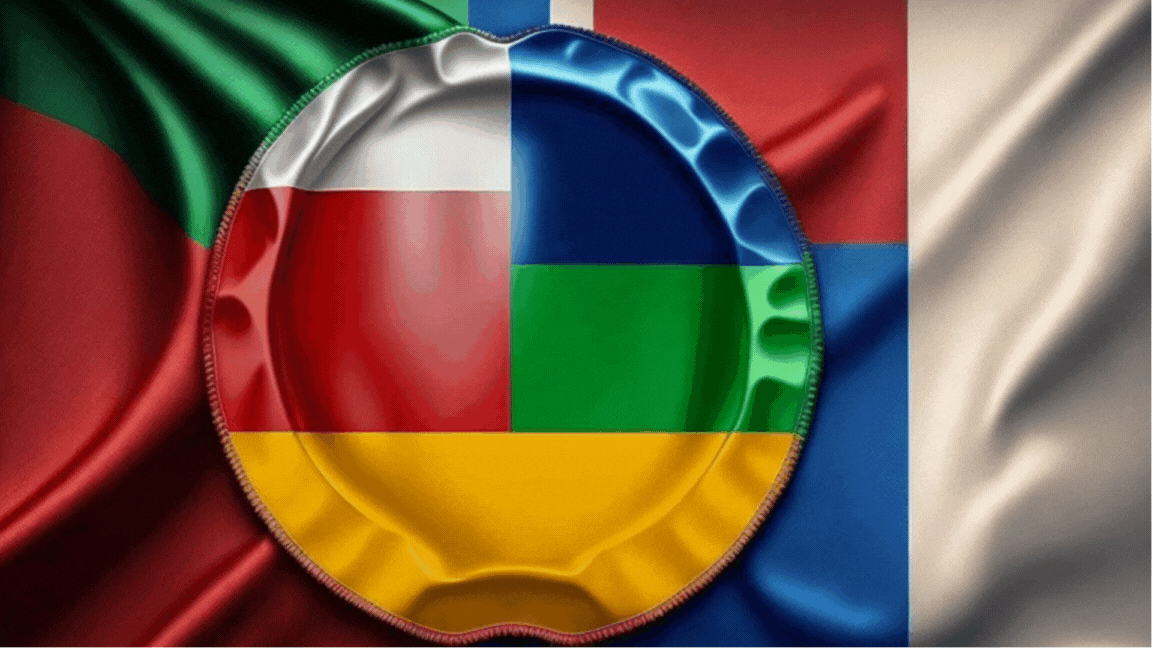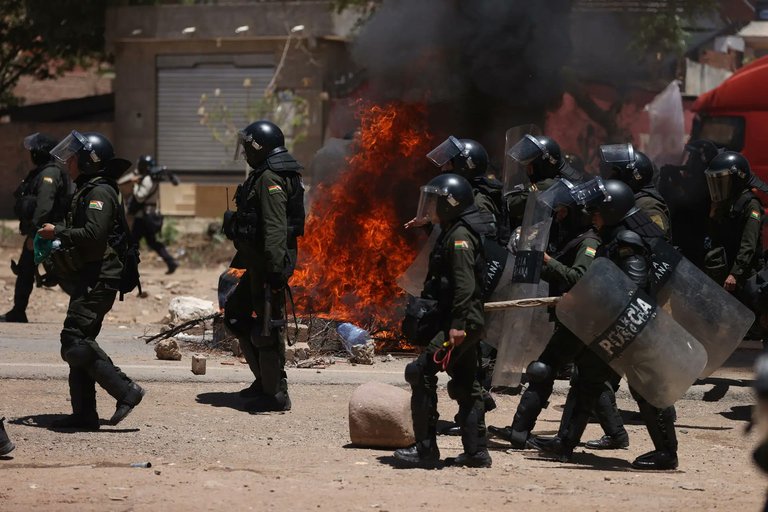The Latin American Report # 357

The political crisis in Bolivia seems to have exploded or is close to doing so. The situation has two tributaries discharging into the same river in which Bolivians have been struggling for a long time not to drown, between the problems derived from the bad management of gas production, the chronic lack of foreign currency—partly explained by the latter but also by the subsidies to fuel consumption—, and the internal wars within the “governing” MAS, in which the president Luis Arce himself face his mentor, the former president Evo Morales. Arcistas against evistas. The MAS issue, to the extent that Morales has a lot of socio-political muscle, with lieutenants installed in the National Congress itself, has torpedoed the legislative agenda of the Executive and has been adding stress to the population for weeks due to the road blockades maintained by the evistas as a pressure measure to derail a series of administrative and judicial processes and decisions that affect the controversial interests of the former head of the Great House of the People. Along the way, we have had alleged coups d'état or assassination attempts.
The police together with army troops tried to forcefully unblock this Friday—with bulldozers at the front—some routes blocked for almost 20 days by Morales' followers, who tried to repel them by using native slingshots and explosive devices. The main point of the blockade is at the bridge of Parotani, a town in Cochabamba, where the coca growers' union leader has his stronghold. His followers are keeping vigil there to prevent a potential arrest warrant from being realized. Morales said in a letter to his rival that he would be “responsible for dividing and hurting Bolivia” in case of removing the blockades by force, introducing incendiary rhetoric against the current president by saying that for him—that is, for Arce—“the Indians are worth less than the bullets that kill them”. On Wednesday, the president had given an ultimatum to Evo's blockade, under penalty of exercising his “constitutional powers”.
WARNING: GRAPHIC CONTENT
— Reuters (@Reuters) October 31, 2024
Parts of Bolivia has been under a blockade for the last 17 days and has cost the country over $1.7 billion, President Luis Arce said, calling to put an end to it as the political tussle with his rival Evo Morales heats up https://t.co/fBycO5tKk5 pic.twitter.com/WzfTEP9dxO
Following a confusing event last Sunday, which Morales presented as an assassination attempt and the authorities as an aggression on his part to bypass a drug checkpoint—a veiled accusation—, the police in the Tropic of Cochabamba withdrew their troops after denouncing the burning of two vehicles removed from the military unit where the Ninth Division is based. The Bolivian Army decided to evacuate the families of all the military personnel enlisted there. The banks in the region remain closed and their money has been safeguarded. The impact on the economy is very serious, and La Paz is being pressured by businessmen and other actors of the civil society to take decisive action. President Arce denounced that three barracks had been taken over by the evistas, as a group of soldiers outside a military unit asked his government not to advance by force against the road blockades because their lives were in danger, surrounded by 2,000 Morales supporters. This is a development situation.
 Source
SourceAnd this is all for our report today. I have referenced the sources dynamically in the text, and remember you can learn how and where to follow the LATAM trail news by reading my work here. Have a nice day.

